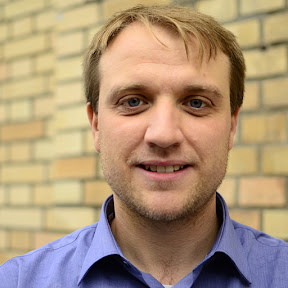This is just a short note with which I want to summarize some interesting facts about Italian economics that are quite shocking to me, as a native Italian. This post was prompted by two amazing articles about the Italian economical situation: the first, is a report of The Economist on Italy, titled in Italian “Addio, Dolce Vita” (26th November, 2005). The second is an article on Time titled “Twilight in Italy” (5th of December, 2005). We can say that the two articles describe the Italian from a macro view to a micro focus.
1st fact: Italy weak point is the huge number of SMEs that compose almost the totality of the economic system.
For ages the internal political campaign was the motto: “small is beautiful!” And at some point this was also working (cfr. the gold age of ‘il sorpasso’ of 1987). But nowadays that the european barriers are down, most of the SMEs have not the scale, the founding, or the commercial know-how to become global players. What these small companies produce is beautiful but not so technological sophisticated that can prevent an industrial replication. Therefore, the economic structure of Italy is almost perfectly shaped for an attach by China.
2nd fact: the Italian share market is too small for the dimension of the national economy.
The number of companies that have shares on the market is less that 300. This reflects on how the companies understand the current trends of globalization and international markets. It is clear that to be competitive in this new era, a company has to grow to a certain size that allows exports in every part of the world and to be able to produce the products away from Italy (where the production costs are prohibitive).
3rd fact: entering in the euro zone was a complete disaster for the Italian economy.
It is clear that in the past with the devaluation of the currency we could stay competitive against the neighbors. Now that we cannot do the trick any more we are suffering. It is also clear to me that if we were to continue like that for the next 10 years, we could have found ourselves in the same conditions of Argentina.
 Tags: Italy, politics
Tags: Italy, politics





